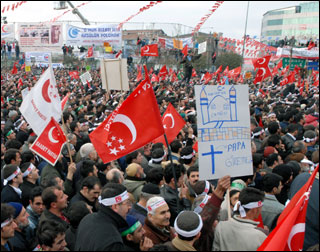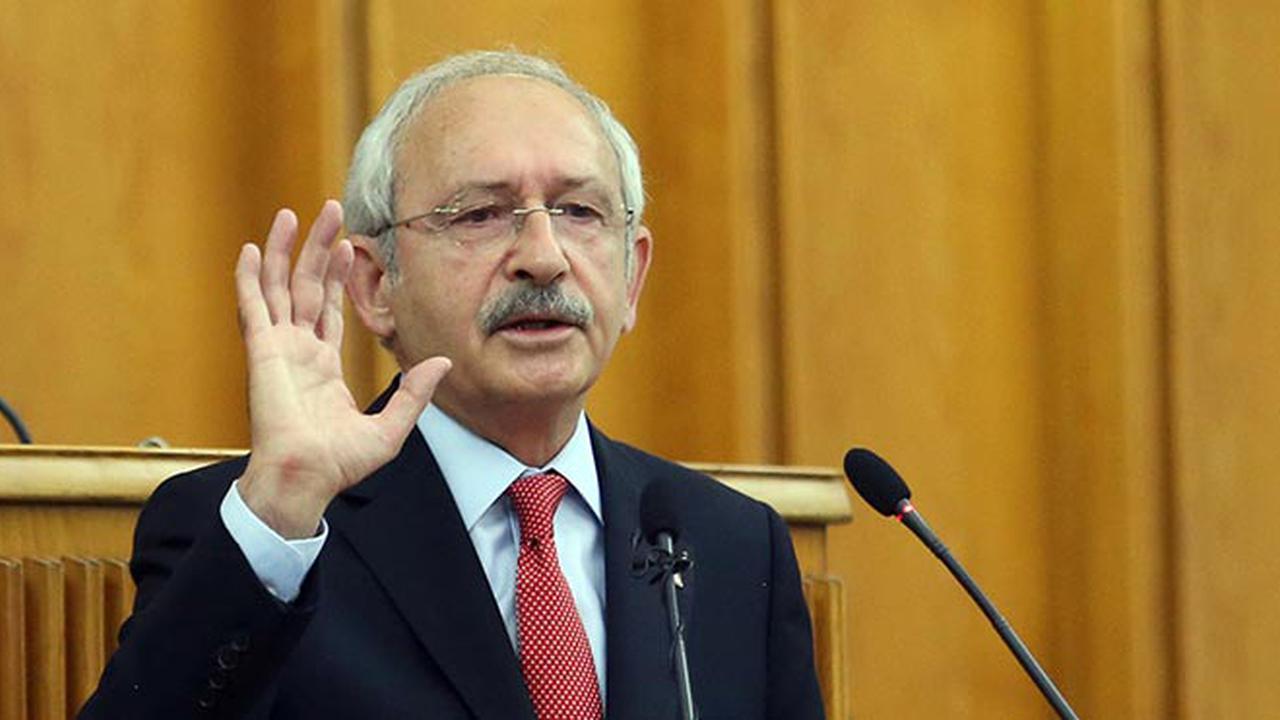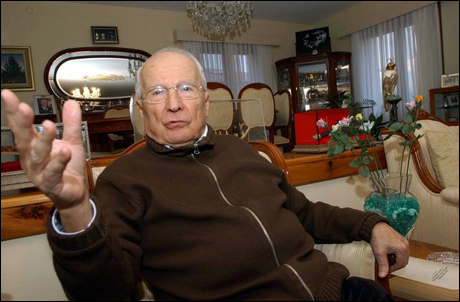Turkey’s Constitutional Court clears the final hurdle on a presidential referendum later this year
The Constitutional Court ruled this evening that the Turkish people should be allowed to decide whether they want to elect their own president. It comes after President Ahmet Necdet Sezer and the main opposition CHP formally complained about the way the proposal was voted through parliament. The Court’s decision is final: the Turkish people will be going to vote in a referendum in October at the very latest.
The ruling was always going to be a controversial one – this very blog saw a very heated discussion on the legalities surrounding the dispute – and the voting margin was as narrow it gets: six of the eleven high judges voted in favour of scrapping the complaint. Five were against.
My regular readers will know this was not the decision I was expecting, having lost considerable faith in the judiciary. But this was the right decision, and there is no need to wave a copy of the constitution about to understand why. An unelected body should not stop the Turkish people from choosing what they want to do. There is no democratic argument for it.
What happens next really depends on who wins the general election. If the AK party is returned to power, prime minister Recep Tayyip Erdoğan’s government might try again to pass a law that reduces the waiting time for a referendum to 45 days. That law has been vetoed by Mr Sezer once before; it would be near-comical if he decided to put a law about referendums to a referendum.
If the AK party does not win the election, some experts say the new government might try to elect Mr Sezer’s successor in parliament, using the existing system. But AK will probably still have enough seats to boycott and derail the process, just like the CHP did in April. Every lawyer has a different opinion.
All this, of course, is little more than speculation. It is not clear what the parliament will look like after July 22nd. What is clear is that Turkey’s constitution, drafted by the army in 1982, is drastically insufficient in coping with democratic crises. We need a new one.
We might just get it. AK’s election manifesto pledges a “civilian constitution” prepared with consultation and compromise. Mehmet Ağar’s Democrat Party and even the far-right Nationalist Action Party have made similar promises. But the CHP and the nationalist Youth Party have both kept quiet.
What needs to happen over the remainder of this summer is for Turkey’s new parliament to elect a new president under the existing system, so that Mr Sezer’s term can finally end and stability can finally return to the pyramid’s peak. The new government should then set to work on a new constitution that overhauls the entire system. The president would then act as a transitional figure until 2012, when the next head of state would be elected by the people. Turkey’s transition to a country truly operating under the rule of law would then be complete.
And once again, unrelenting as I am, I nominate Hikmet Çetin to oversee that transition.








